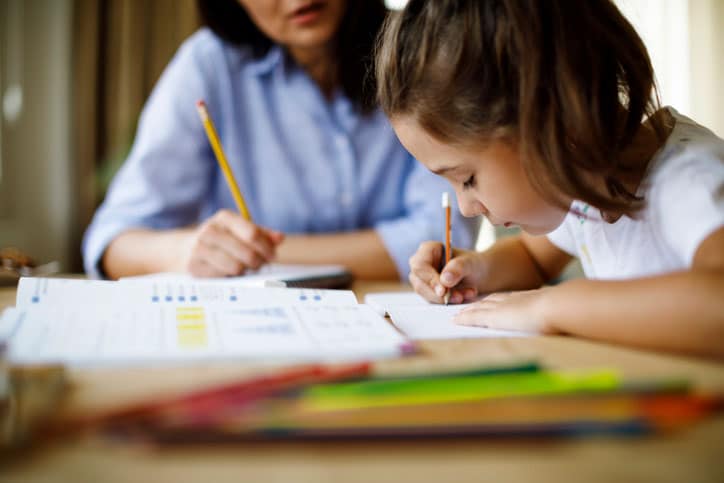Do you talk to your kids after they get home from school? This may happen during the car ride home, when you get home from work, or at any time when you can all be in the same space. After-school conversations are powerful tools to fortify your relationships with your children. Here are some reasons to incorporate them into your daily routine.
Take Interest in the “Boring” Parts of Their Day
Most parents want their children to feel comfortable talking to them about anything. If a problem arises, they want to be an accessible support system for their children to lean on. A great way to establish that connection with your child is to talk about the not-so-glamorous elements of the day.
Not every day is going to have big events. You may have just gotten through paperwork throughout the day, and your child had an uneventful day at school. That doesn’t mean you have nothing to talk about. Share something that you found interesting, even if it seems boring on the surface. Get involved in the gossip they want to share with you to get a better feel for how they see the world. This is a great bonding experience for couples as well, so feel free to get your partner involved!
Create an Open Line of Communication
Talking to your child every day after school turns communication into a habit. It’s not something that you force into the day. It’s comfortable and familiar. If your child lies and needs your help to get out of a bad situation, they are more likely to come to you for help because they feel comfortable talking to you. The conversation will still be challenging, but it won’t feel unnatural for them.
Monitor Mood and Behavior Changes as They Develop
You can learn a lot about your child from these after-school conversations. You may notice a change in mood, attitude, behavior, energy, etc. This could be an indication of problems at school or mental health struggles that they need to work through. The sooner you see the signs, the sooner you can take action to help.
Put Screens to the Side and Form Genuine Connections
No matter how old your children are, they are probably bombarded with screens throughout the day. You may fall into the same pattern because you use your phone for work/leisure. After-school conversations and family mealtimes can act as natural blocks in the day when no one uses a screen. No one has their phone at the table, and there are no TVs on in the background. Everyone just talks about their days.
These simple moments plant the seeds for lifelong connections with your children. Being actively present in their lives now can help them feel comfortable reaching out when they’re older.
Learn more: How Does Screen Exposure Affect Your Mental Health?
Provide Support and Encouragement throughout the Year
More than anything else, you can use after-school conversations to show your child you’re there for them. Revel in their accomplishments and cheer them on through their hurdles. Show them that you struggle, too, but you’re working hard to find a solution for your struggles. Emotions and frustrations are normal, and you’re going to be there to support your kid through every milestone.


